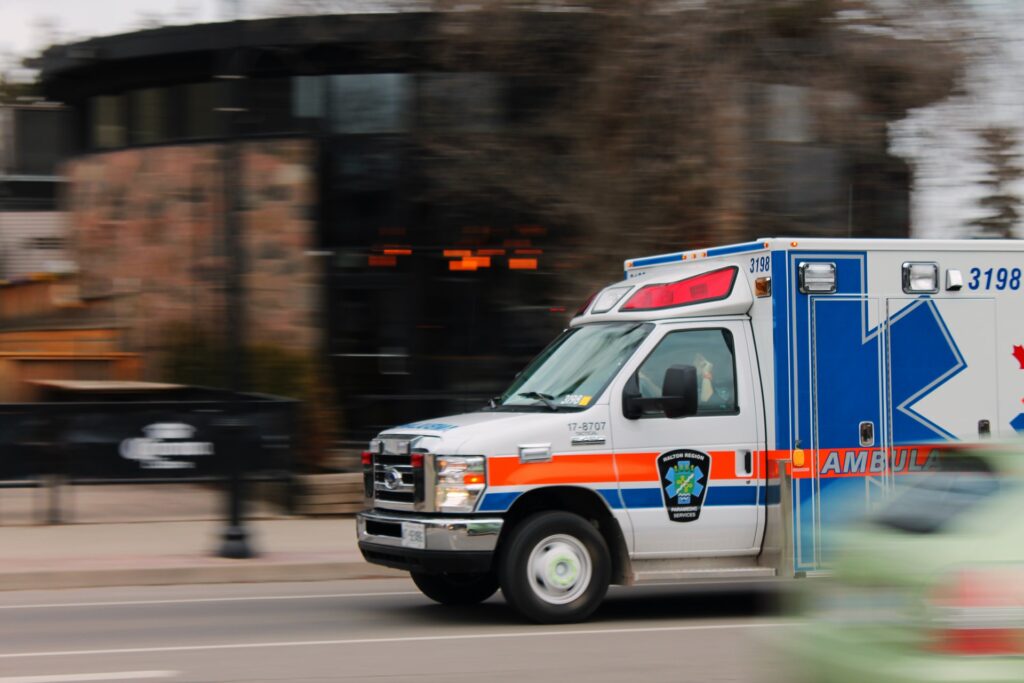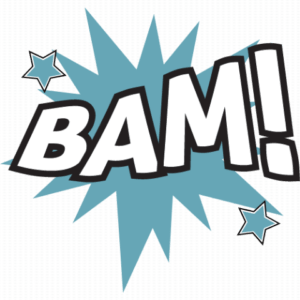
One of the most common causes of death and serious impairments affecting the human population as a whole is a heart attack.
It goes with out saying that this medical condition is immediately life threatening and, without swift intervention, has an extremely poor prognosis.
A heart attack occurs when one or more areas of the heart experience an abrupt decrease or complete absence of blood supply. This can be the result of numerous factors, but the primary mechanism of injury remains the same.
Regardless of the area of the heart that is deprived of blood, known as an infarct, the results can be catastrophic. Even in the absence of a working knowledge of the complex mechanisms taking place in the heart, it is easy to comprehend the issues faced when these mechanisms cease to occur.
While understanding the primary issues that can lead to a heart attack, such as inadequate physical activity, poor diet, smoking, and stress are very important, knowing the warning signs of a heart attack is equally critical.
Time is of the essence in the event of a heart attack, meaning that the ability to realize when this emergency might be taking place can be the difference between life and death.
In this article, we will discuss the primary warning signs of a heart attack. Having an adequate understanding of these signs and symptoms may very well save your life or the life of someone around you. However, before we get into this information, it is important to realize that the warning signs of a heart attack can differ significantly from person to person.
Some individuals may experience little to no symptoms while others may show multiple signs to a severe degree. Furthermore, the time-frame involved in the event of a heart attack can differ across individuals as well.
Some people may experience a sudden and acute onset while others start to notice gradual issues over an extended period of time. That being said, the majority of people suffering from a heart attack will display at least one of the usual symptoms.
And of course, if you or someone that you are with is experiencing any symptoms seek medical assistance right away!
Chest Discomfort
Chest discomfort is one of the more obvious and recognizable symptoms that something is wrong with the heart. Given that the majority of people are aware of the general location of the heart, warning signs localized to the chest tend to ring the alarm bell.
This symptom of a heart attack is usually characterized by a feeling of increased pressure in the chest. It may feel as if something is squeezing the area, similar to a painful cramp.
Discomfort In Other Parts Of The Body
Without getting too detailed on the inner workings of the nervous system, it is important to understand that certain organs within the body share a similar nerve distribution to seemingly unrelated areas. With regards to the heart, the arms, upper back, jaw, neck, and stomach share some common nerve distributions.
That being said, some common warning signs of a heart attack include pain or discomfort in the aforementioned areas of the body. Given that pain in one or more of the regions may not be immediately associated with the heart, the signs may be ignored and an individual may delay seeking help.
Difficulty Breathing
When the heart is unable to supply the lungs with enough oxygenated blood, the process of gas exchange that results in the ability to breathe becomes disrupted. Therefore, in the event of a heart attack, shortness of breath is a common manifestation.
Cold Sweats And Nausea
Breaking out in a cold sweat and/or becoming nauseous are other common systems that a person is experiencing a heart attack. As discussed previously, this is usually related to the relationship between the nervous and cardiovascular systems, where one system senses an issue with the other and responds in a predictable manner.
Doctors at Harvard Medical School list these common and uncommon heart attack warning signs:
- Pain, squeezing, fullness, burning, tightness, or uncomfortable pressure in the center of the chest
- Pain, numbness, pinching, prickling, or other uncomfortable sensations in one or both arms, or in the back, neck, jaw, or stomach
- Sudden indigestion. Nausea, or vomiting
- Lightheadedness or dizziness
- Unusual fatigue
- Sudden heat or flushing, or a cold sweat
- Heaviness, weakness, or pain in one or both arms
- Back pain
- Racing or fluttering heart
In contrast, the warning signs of cardiac arrest are:
- Sudden collapse with no response
- Absence of breathing or irregular breaths
https://www.health.harvard.edu/newsletter_article/warning_signs_of_a_heart_attack_or_stroke
Warning Signs For Women
Doctors at the Cleveland Clinic explain that women may experience some different warning signs than men.
Women should be aware of these additional warning signs:
- Women can have pain in either arm, not just the left one like many men.
- Pain in the lower or upper back often starts in the chest and spreads to these areas.
- The pain is sometimes sudden, not due to physical exertion, and can wake you up at night.
- You may feel pain that is specific to the left, lower side of the jaw.
https://health.clevelandclinic.org/women-dont-ignore-3-subtle-heart-attack-symptoms/
Women may experience unusual fatigue, and although they feel tired, they may also experience sleep disturbances. Jaw, neck, or back pain that can’t be traced to a specific sore muscle or joint may also be warning signs of a heart condition or heart attack. Heart problems can trigger nerve damage that radiates to other areas.
Does “Cough CPR” Really Help?
There has been many warnings floating around the internet and social media that if you are experiencing symptoms of a heart attack you should forcibly and repeatedly cough. Can this work? Can you save yourself from full cardiac arrest if you are alone and help is not immediately available?
The short answer, is yes, it can:
“A conscious, responsive person, by coughing forcefully and repetitively, might be able to keep enough blood flowing to the brain to remain conscious for a minute or two until the arrhythmia is treated and further help arrives”.
— by Deepak L. Bhatt, M.D., M.P.H.
Editor in Chief, Harvard Heart Letter
By coughing forcefully you increase pressure in your chest and this pressure can help maintain blood flow.
If you would like to read more about this topic, please follow this link:
https://www.health.harvard.edu/heart-health/does-cough-cpr-work
Conclusion
Knowing the warning signs of a heart attack can save a life. If you or someone you know is experiencing any of these warning signs, call 911 or your local emergency services immediately.
Many people can and do survive heart attacks But even so, heart attacks can cause permanent and serious heart damage. For many of us, having a heart attack can be avoided and that is the best course of action to start with. If it something is bad for us we should do all that we can to stop and avoid it from happening to us.
If you feel any of the symptoms listed above pay attention to your body and take the steps needed to look after yourself and survive a heart attack.
Seek medical assistance right away!
Be A Man – Do The Right Thing. It’s Your Life. It’s Your Choice. Take Care Of Yourself. Eat Right And Exercise.
BAM!!! Be A Man! Do The Right Thing.
Be the DtRTy Guy!
